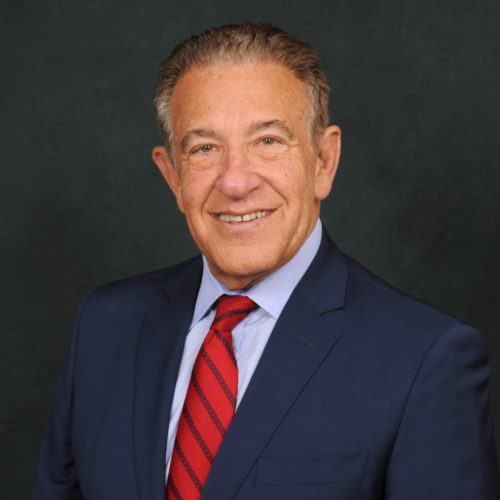Featuring Barry A. Hendin, MD
Question: Both pseudobulbar affect and bipolar disorder can have emotional highs and lows. Can you discuss the differences between the two conditions?
Continue reading
Featuring Barry A. Hendin, MD
Question: Both pseudobulbar affect and bipolar disorder can have emotional highs and lows. Can you discuss the differences between the two conditions?
Continue readingFeaturing Barry A. Hendin, MD
Question: What types of speech problems may be caused by MS and what can be done to improve these issues?
Continue readingFeaturing Barry A. Hendin, MD
Question: Is anxiety a common symptom of MS, and if so, what are the signs and symptoms?
Answer: Anxiety is, indeed, a common symptom of MS. It is estimated to occur in almost half of the MS population, at some point. It often coexists with depression but can occur independently of depression. Unfortunately, anxiety is under-recognized and undertreated due to the clinical emphasis on depression alone.
Continue readingQuestion: In MS, what would cause a very tight and sometimes painful squeezing around the body, or elsewhere, even in the hands or feet?
Continue readingQuestion: What types of treatments and strategies are available to help someone with MS who suddenly develops visual problems?
Continue readingQuestion: How does psychological therapy, either alone or in conjunction with medication, make a difference for someone with MS who is experiencing depression?
Answer: This question highlights the fact that there is more than one approach to treating psychological problems. Anyone may experience depression, but this symptom is more common in people with MS. Much of this is biologically determined, meaning that depression in MS is often caused by changes in the central nervous system (CNS), but we’re also aware that situational problems may occur in anyone’s life, including those with MS.
Antidepressant medications from a psychiatrist (or other appropriate clinician) can be very helpful for the biological aspects of depression. But for many people, an additional benefit may be derived from psychotherapy or “talk therapy” with a psychologist or counselor. This psychological support can help individuals to develop strategies to navigate complex situational issues.
Beyond these professional interventions, there are several things that people with MS are able to do independently. For many, exercise can reduce depression. For others, mindfulness, yoga, or meditation may be helpful. And for everyone, focusing on the other aspects of wellness, which include maintaining a healthy diet and healthy social relationships, can’t be emphasized enough!
Please note that anxiety may occur along with depression and is also more common in the MS population. Many of the approaches to treating depression are also useful in reducing anxiety, but as with depression, this symptom should be diagnosed by a professional and treated accordingly.
Barry A. Hendin, MD is a neurologist and Director of the Multiple Sclerosis Center of Arizona. He is also Director of the Multiple Sclerosis Clinic at Banner University Medical Center and Clinical Professor of Neurology at the University of Arizona Medical School.
Featuring Barry A. Hendin, MD
MSAA’s Chief Medical Officer

Question: What strategies can you recommend to help with cognitive issues?
Answer: First, let’s define cognition. Simply, it is all of the processes involved in learning, remembering, and expressing knowledge. It involves how we perceive, how we think, and how we convey knowledge verbally and nonverbally.
Although many people with MS, and at all stages of MS, express cognitive symptoms or problems, they are generally mild in nature. The most common complaints that I hear involve difficulties in memory, multitasking, learning new information, and processing speed.
Some cognitive changes may be due to MS itself. Often, however, the problems are due to, or are compounded by, other factors such as poor sleep, medication effect, pain, or depression. The first strategy, therefore, is to assess the contribution of mood, pain, medications, and sleep – and then treat them appropriately.
Continue readingQuestion: Does new or increased numbness indicate a worsening of MS, and is this symptom typically permanent, or can it subside on its own?
Continue readingQuestion: How often is an MRI recommended, and is it still needed when symptoms have not worsened?
Answer: Although there is a wide variation in the use and frequency of magnetic resonance imaging (MRI) testing in neurological practices, it may be helpful to begin by considering why we get MRI scans for people with MS.
Continue readingQuestion: Why does each person with MS experience different symptoms?
Answer: It shouldn’t surprise us that everyone experiences their MS differently since we are all unique, but the individual factors producing that uniqueness are worth considering in some detail.
Continue reading